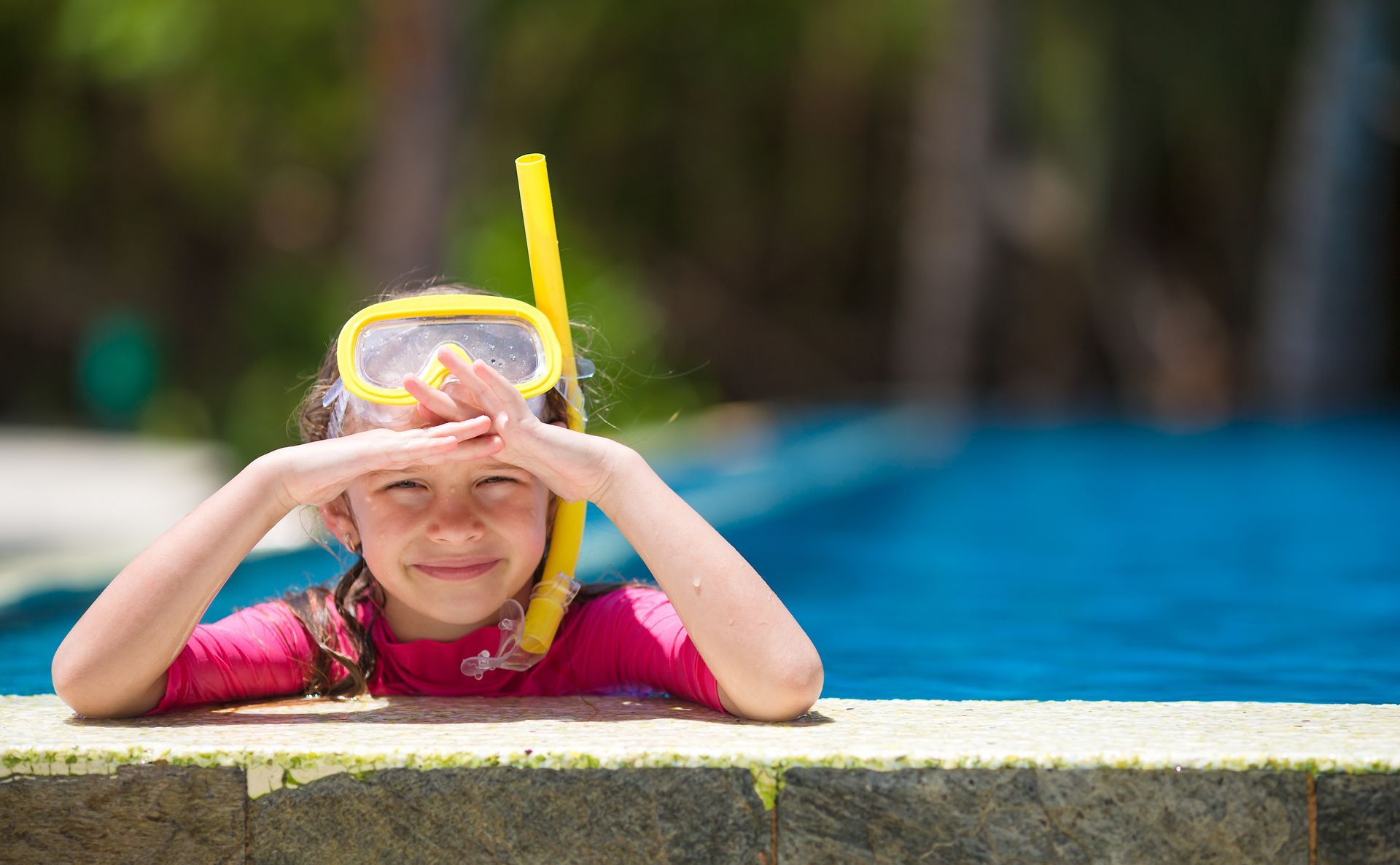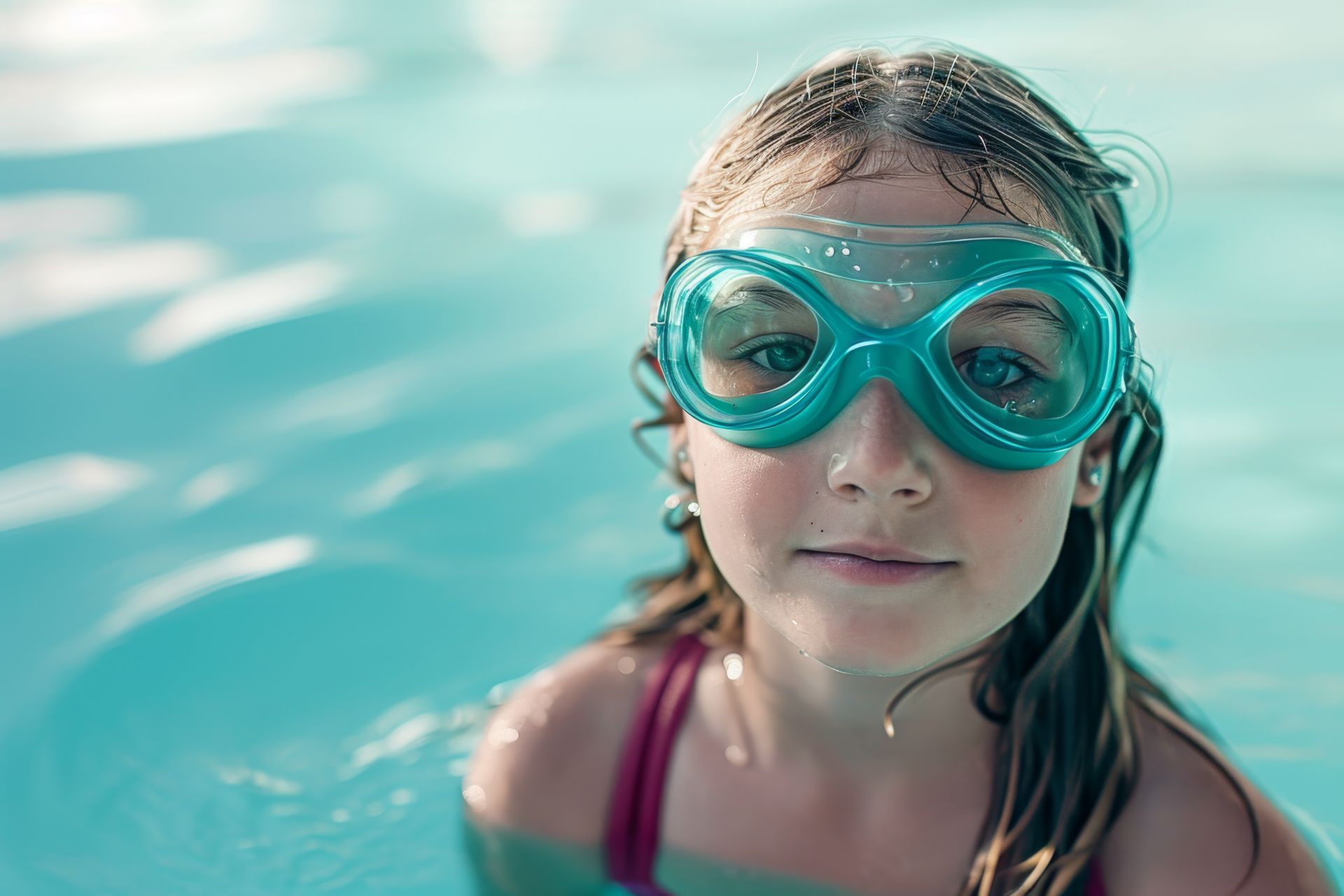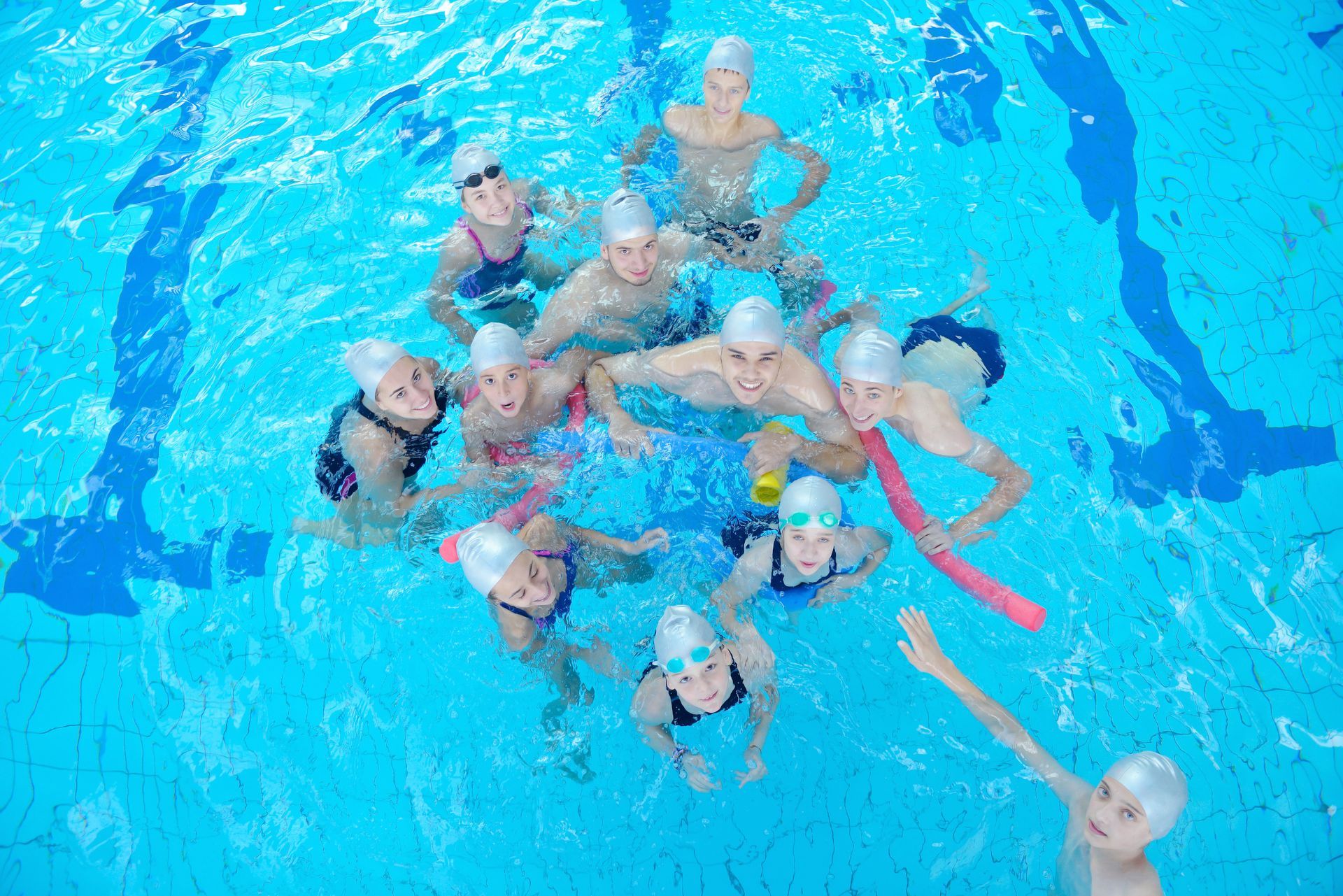Swimming Lessons as Therapeutic Support for Children with Sensory Processing Disorders

Sensory Processing Disorders (SPDs) affect the way children experience and respond to different sensory stimuli. These children can be hyper-responsive (over-reactive) or hypo-responsive (under-reactive) to sensory inputs. One therapeutic intervention that has shown positive impacts on children with SPDs is swimming. The unique sensory environment of a pool, combined with the physical act of swimming, offers numerous benefits for these children.
A Gentle Sensory Experience: The Therapeutic Role of Water
For children with SPDs, water provides a gentle, enveloping sensory experience. It buffers harsh sensory input, creating a calming effect. The feeling of water on the skin can also aid in developing a child’s understanding of their body boundaries, which can often be a challenge for children with SPDs.
Movement and Coordination: The Physical Aspects of Swimming
Swimming involves coordinated movements of various body parts, helping children with SPDs improve their body awareness, motor planning, and coordination. The resistance provided by water during swimming strengthens muscles and improves postural control. Furthermore, the rhythmic movements involved in swimming can be soothing and organizing for the sensory systems.
Social Interaction and Confidence Building: Beyond Physical Benefits
Swimming lessons often involve group activities, promoting social interaction. For children with SPDs, this offers an opportunity to develop social skills in a structured, supportive environment. Additionally, the achievement of mastering swimming skills can significantly boost self-confidence and promote a sense of accomplishment.
Flexibility and Adaptability: Skills for Life
As an activity that requires adaptation to a different environment, swimming promotes flexibility and adaptability in children with SPDs. These are essential life skills, especially for those who might struggle with changes in routine or environment.
Professional Guidance: Ensuring Safe and Effective Lessons
It’s crucial that swimming lessons for children with SPDs are guided by professionals knowledgeable about sensory challenges. This ensures that the lessons are tailored to the child’s specific needs and abilities, making the experience safe, effective, and enjoyable.
Incorporating swimming lessons into the therapeutic support for children with Sensory Processing Disorders can have extensive benefits. From providing a soothing sensory experience, improving physical coordination and strength, to promoting social interaction and self-confidence, swimming can be a powerful tool in supporting children with SPDs. With the right professional guidance, swimming lessons can be tailored to meet the unique needs of these children, offering them a joyful and enriching therapeutic experience.
Ready to explore the therapeutic benefits of swimming for your child with Sensory Processing Disorders? Contact us today to learn more about our specialized swimming lessons tailored to their unique needs and provide them with a supportive and enriching experience that can make a positive difference in their sensory development.
The post Swimming Lessons as Therapeutic Support for Children with Sensory Processing Disorders appeared first on Swim Jim.







